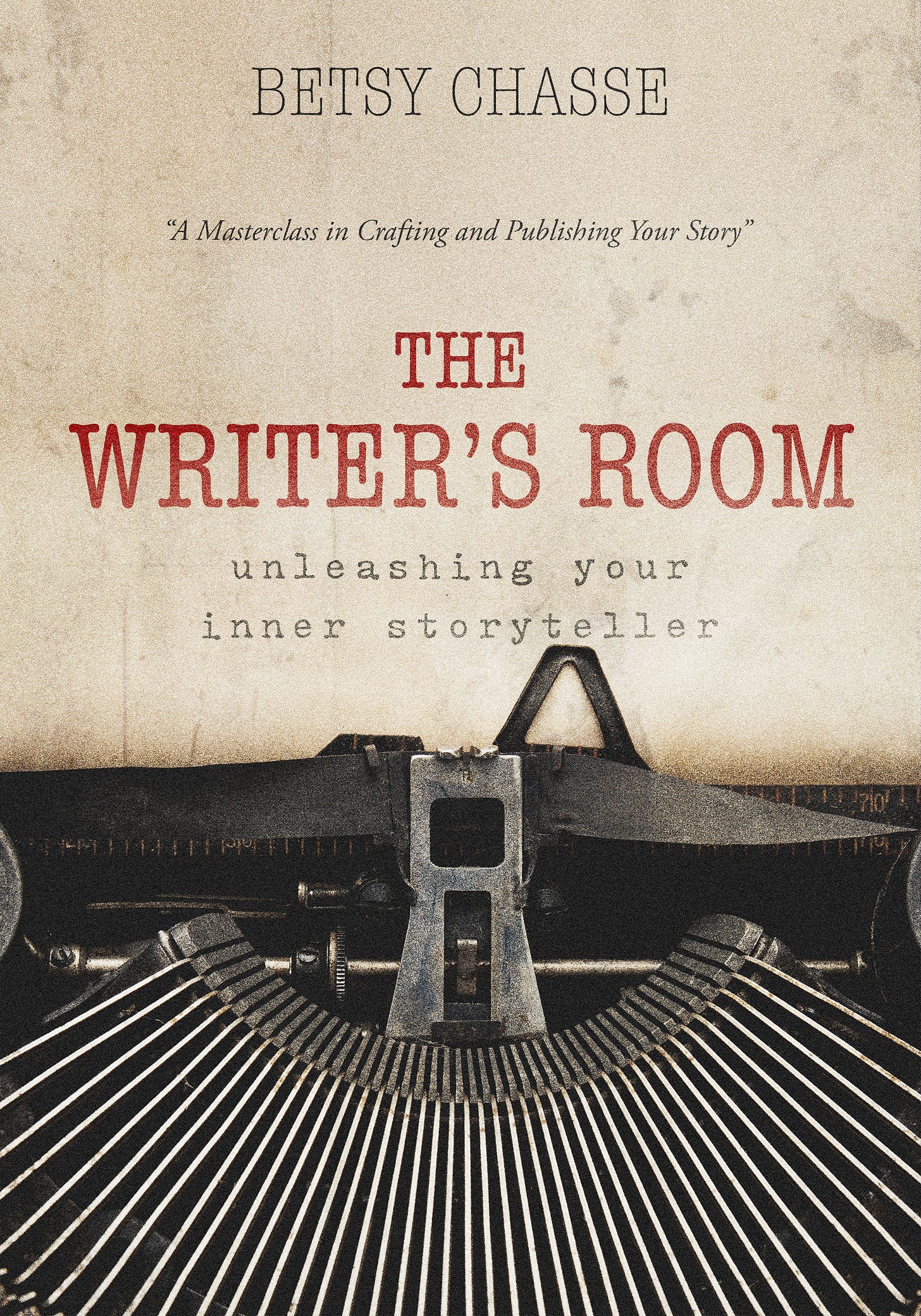Collateral Damage: Humanity vs. the System
When systems dehumanize, frustration becomes a force we can no longer ignore.
There’s something quietly unsettling about the way the world works these days. It feels like the essence of being human—our struggles, our resilience, our uniqueness—is being erased, replaced instead by cold, hard numbers.
A few years ago, life threw me a curveball I wasn’t prepared for. I had an accident that left me unable to work for months. It was a turning point, one of those moments that forces you to pause, adapt, and find a way forward. I’ve been a single mom for 15 years, doing everything I can to give my kids a good life. But in a society that values credit scores more than stories, it’s hard not to feel invisible.
After my divorce, my finances crumbled. For years, I poured myself into rebuilding not just my life but my credit score—the number that determines where you live, what you drive, and, to some extent, how others perceive your worth. Slowly but surely, I made progress. It wasn’t easy, but I was determined to prove I could overcome the challenges life had thrown my way.
Then, I broke my ankle. That one moment changed everything. Years of hard work, careful planning, and doing the right thing unraveled almost overnight. The system that tracks these numbers, that decides so much about our lives, doesn’t care about context. It doesn’t care about the years of effort or the challenges you’ve overcome. It only sees a dip, a stumble, a moment of difficulty, and reacts accordingly.
When I reached out to the apartment complex where I’d lived for three years, I asked for a little grace. I just needed time to get back on my feet—literally and financially. But grace wasn’t something they could offer. Rules, policies, and the fear of breaking them overshadowed any understanding or compassion. My history as a reliable tenant didn’t matter. My potential to recover and continue paying rent didn’t matter.
This is a pattern I’ve seen play out in so many areas of life. People face impossible choices between paying rent and buying medicine, between taking care of their families and taking care of themselves. The system offers no room for error, no space for the messy, unpredictable realities of being human.
Two years after my accident, I found myself trying to rent a new apartment, only to be denied because of the same three-digit number that had taken such a hit. Never mind the rent I’d paid consistently for years. Never mind the progress I’d made since then. The leasing agent, kind as she was, had no power to help. “It’s all decided by the computer,” she explained. And just like that, I became a statistic instead of a person.
The hardest part of all this is realizing how little humanity is left in these decisions. There’s no one on the other side of the screen looking at the full picture, at the person behind the numbers. Everything hinges on algorithms, policies, and systems that don’t account for second chances or the richness of a life lived.
And as we’ve seen recently on the streets of New York, the frustration this system creates is boiling over. A man broke under the weight of it all, and while some say he got what he deserved, I can’t feel anger toward him. In truth, I can’t even disagree with those who feel that rage. I’ve always been someone who would never want harm to come to anyone, but when millions of people are harmed every single day—by systems upheld by individuals who could choose to do better—it’s impossible not to understand that rage.
The people who could serve humanity by simply taking a little less profit. The people who have the power to see beyond the numbers on a profit-and-loss statement but choose not to. They make the daily decision to let this harm continue. I see the fury in others because I feel it, too.
I don’t know where we go from here. But I can’t help but wonder if that single act of desperation, by a man suffering like so many of us, is just the beginning. It feels like a breaking point. And maybe it’s time to ask: how much further can we be pushed before more of us break, too?
The Writer’s Room: Unleashing Your Inner Storyteller
A Masterclass in Crafting and Publishing Your Story
Written by Betsy Chasse, an award-winning filmmaker and best-selling author of multiple books, The Writer’s Room brings together her vast experience as a writer, publisher, and coach. Betsy has published multiple best-selling titles and guided hundreds of writers to success, with many of her clients winning prestigious awards for their books and screenplays. Now, she shares her proven techniques, strategies, and insights to help you unleash your storytelling potential.
Discover the secrets of compelling storytelling, from creating unforgettable characters and crafting gripping plots to mastering dialogue and developing your unique voice. Learn how to navigate the publishing world—whether you choose traditional routes or self-publishing.
In this book, you'll learn how to:
Develop a powerful narrative for both fiction and non-fiction.
Overcome writer’s block and build a sustainable writing practice.
Polish your manuscript with effective editing techniques.
Find the right agent, publisher, or self-publishing path for your work.
Market your book and connect with readers worldwide.
With practical tips, inspiring advice, and real-life examples from a seasoned professional, The Writer’s Room is more than just a guide—it’s your personal workshop. Open the door to your creative journey with Betsy Chasse as your mentor and start crafting the story you’ve always wanted to tell.
Your story matters. Let this masterclass help you share it with the world.
FREE SHIPPING To The US and Canada!






Touching and relatable, Betsy. Thank you for showing strength through vulnerability.